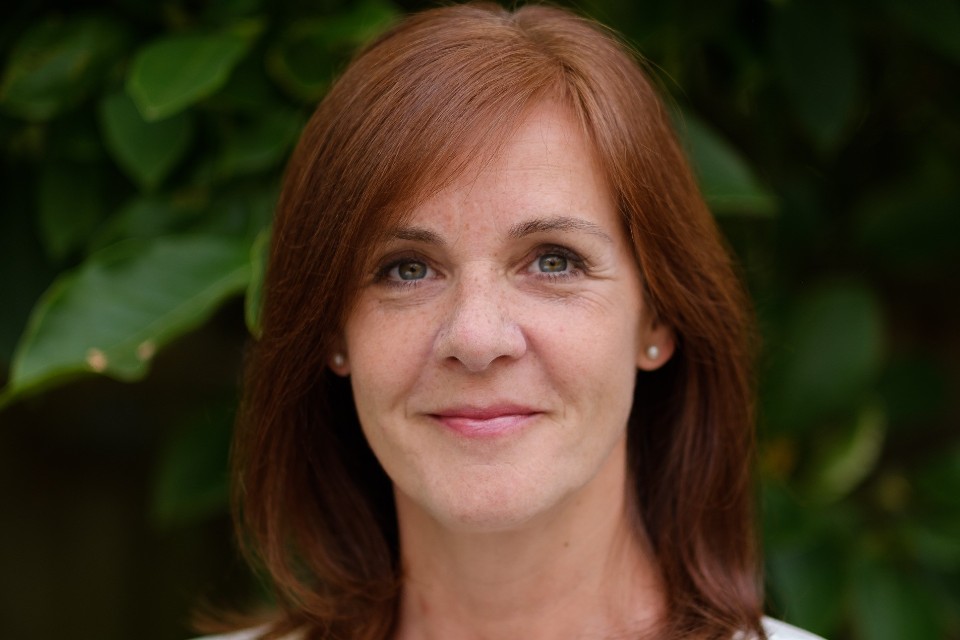Statement to the 101st Session of the Executive Council of the OPCW
Statement to the 101st Session of the Executive Council of the Organisation for the Prohibition of Chemical Weapons by Her Excellency Joanna Roper, Permanent Representative of the United Kingdom of Great Britain and Northern Ireland

Mr Chair, Director-General, Colleagues,
The Executive Council of the OPCW was created in order to promote the effective implementation of, and compliance with, the Chemical Weapons Convention. The United Kingdom takes that responsibility seriously.
As Council members we are obliged to ensure that the Organisation has an adequate budget. We are mindful that the world faces economic headwinds following the global pandemic and Russia’s illegal invasion of Ukraine. Many national budgets are under pressure. Looking ahead the OPCW must continue to exercise budgetary restraint. That said, the United Kingdom supports the proposed budget revision for 2023. It puts to good use the 2020 cash surplus, which arose primarily due to late contributions from States Parties. We urge all OPCW members to pay their Assessed Contributions on time and in full.
We must continue to respond to evolving circumstances. It is high time for the Council to move forward with sensible measures, such as those proposed on business continuity and appointing the External Auditor.
In a similar vein, the Review Conference process enables us to take stock of implementation of the Convention. We welcome the constructive discussions in the Open-Ended Working Group and look forward to the next six months to come.
Like other states, we are planning to provide national papers and look forward to further discussions on practical proposals to strengthen implementation of the Convention. Hearing from industry and civil society will be of great value, particularly in relation to future activities at the Centre for Chemistry and Technology. We also have much to learn from others about enhancing diversity and gender equality. Mainstreaming gender considerations is key to delivering successfully. A diverse Technical Secretariat that represents the world it serves and attracts the best talent from all backgrounds is a stronger Secretariat.
Mr Chair, the central responsibility we share on this Council is to challenge all uses of chemical weapons. If we do not respond we are not promoting compliance with the Convention. The Syrian regime has been found responsible for eight uses of chemical weapons and the Council acted. It is very straightforward. Syria has used chemical weapons before and still refuses to acknowledge this fact.
We remain concerned about the future too. Syria’s declaration of its chemical weapons programme is incomplete. It is obstructing the Technical Secretariat in its efforts to deliver on the instructions of OPCW States Parties. If Syria had nothing to hide they would not behave in this way. We cannot and will not ignore this. The Syrian chemical weapons programme should remain a top priority for this Council until it comes into compliance with its legal obligations.
A member of this Council, the Russian Federation, used chemical weapons on the streets of my own country, and then again on Russian territory. Russia must account for the poisoning of Alexey Navalny in 2020 and answer the questions posted by 45 States Parties under Article IX of the Convention.
Russia must stop spreading disinformation about this Organisation and making baseless allegations against other States Parties. We continue to watch very closely for any signs of chemical weapons use by Russia during its ongoing brutal war in Ukraine. Any use would have grave consequences.
Thank you Mr Chair.